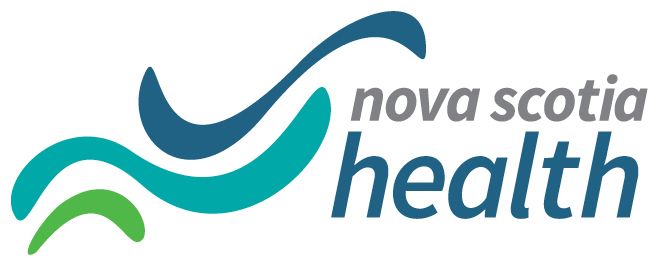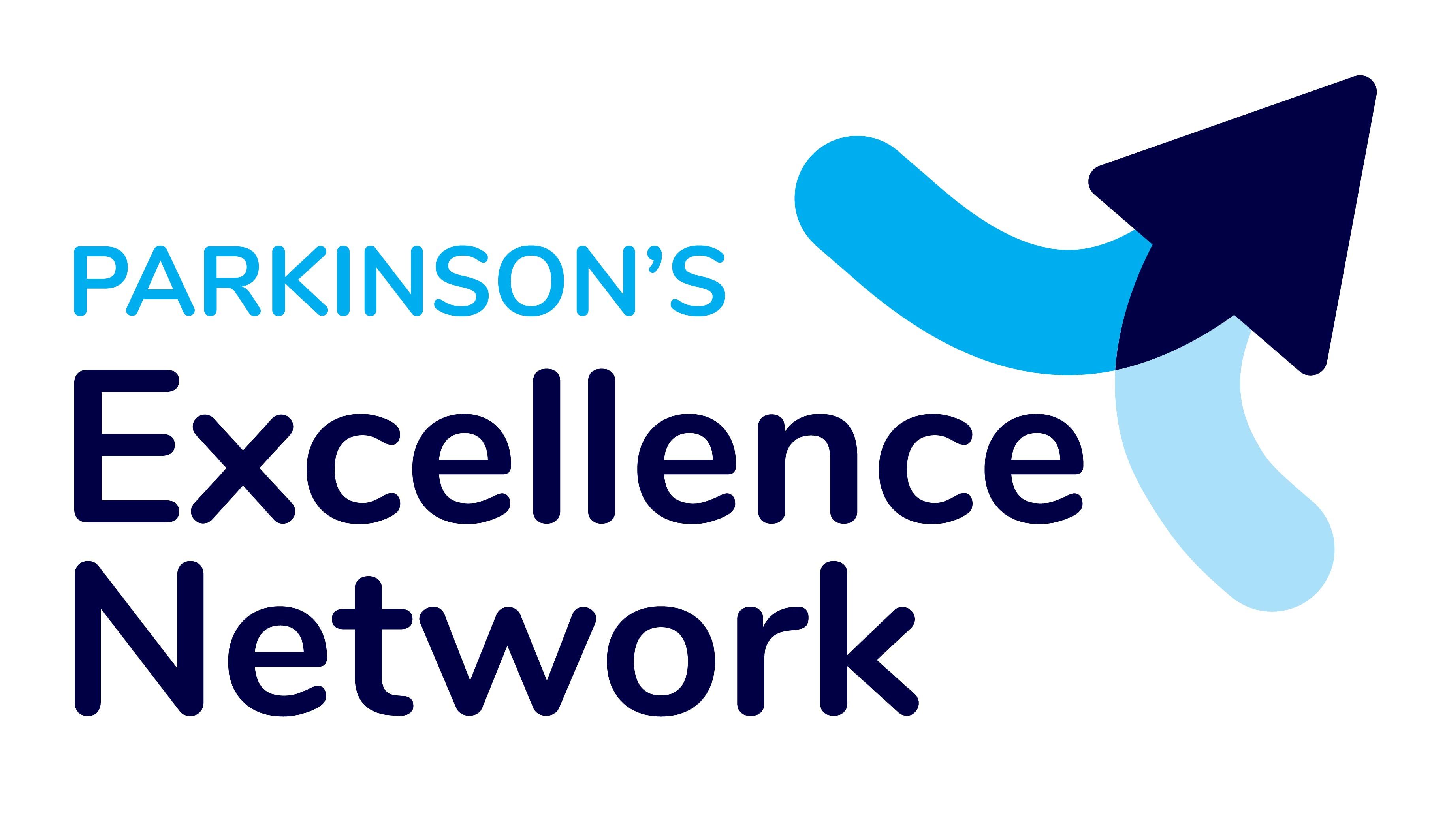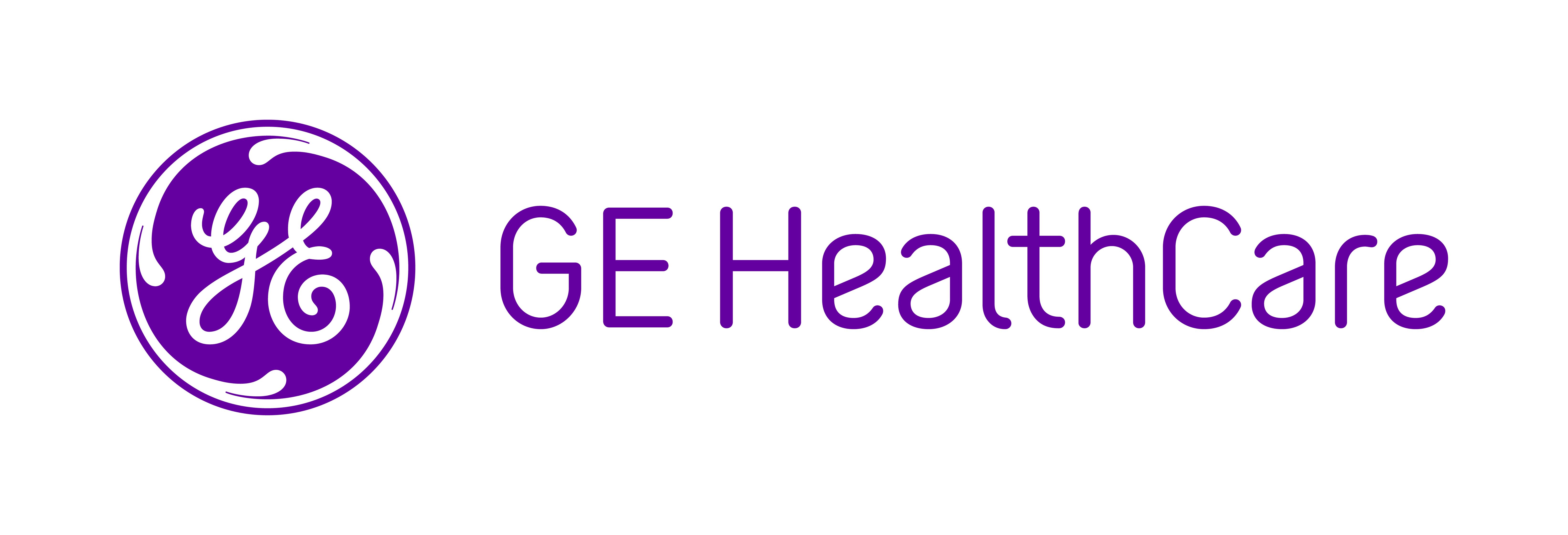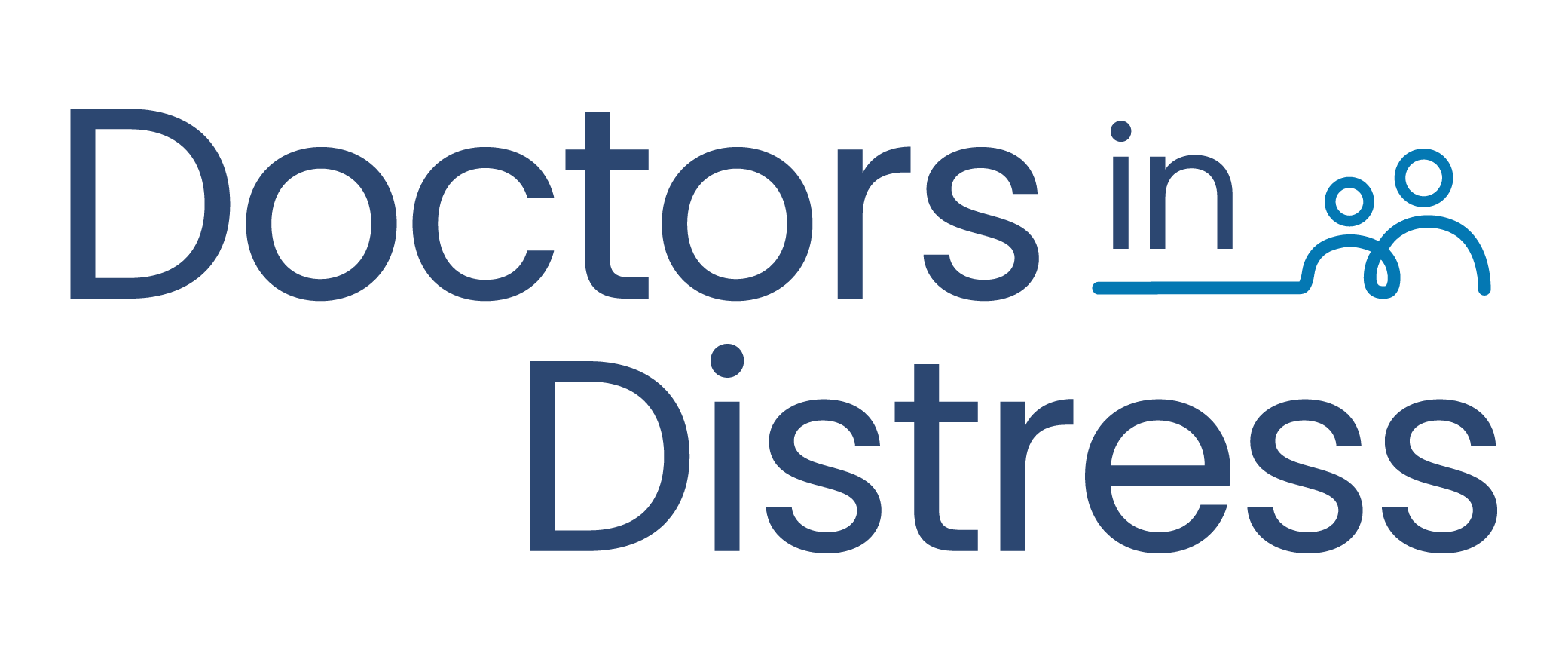
Latest News
Nocebo effect: overcoming the power of negative expectations
.png/fit-in/700x9999/filters:no_upscale())
The nocebo effect – sometimes called the ‘evil twin’ of placebo – has been linked to a range of adverse health events in everyday clinical practice. The beneficial role that the placebo effect plays in improving patient outcomes has been well-documented, but the nocebo effect is less well understood.
Its impact should not be overlooked, though. Recent research from the British Heart Foundation (BHF) suggests nocebo may cause as much as 90% of statin side effects, while two-thirds of COVID-19 jab reactions are not caused by the vaccine, fuelling vaccine hesitancy.(1) Pain, migraine, lactose intolerance, cardiovascular disease, Parkinson’s disease, even post-traumatic stress disorder – all are susceptible to the power of the nocebo.(2)
Media Influence
A patient’s beliefs about treatment is crucial to understanding nocebo, explains Professor Petrie. “If people have negative expectations from what they are told about medication by their doctor or other people, they notice side effects that they begin attributing to the medication.”
The media, particularly television news, is hugely influential in shaping patients’ ideas about medication. A study that tracked the experience of patients in New Zealand following a nationwide switch to a generic antidepressant found that rates of adverse reaction reporting rose following a series of high-profile, negative media stories.(3) The results prompted researchers to call for media guidelines on reporting drug-scare stories.
Telling patients about nocebo
Talking about the nocebo effect and convincing patients that their symptoms are not due to the medication they are taking can be challenging in a clinical setting. The BHF statins study showed how, if you can demonstrate ‘undeniably’ to sceptical patients that their side effects are not connected to their medication, they are more likely to continue with the therapy.(4) With 9 in 10 of statin patients’ side effects also being present when they took the placebo, and with 7-8 million adults in the UK taking statins, non-adherence has potentially serious consequences. The BHF team found around one fifth of patients had stopped taking statins due to reported side effects.
The research underlined the significance of the nocebo effect and highlights a way to encourage patients to stay on course, says James Howard, Clinical Research Fellow at Imperial College London where the BHF study took place. “We wanted to show individual patients that although they were taking tablets, it wasn’t anything in the tablets that was causing their side effects. When we presented them with the evidence, it was enough to convince 60% of them to restart their medication.”
To access further resources on how you can navigate the nocebo effect with patients, log in or join Doctors.net.uk.
'No-win situation'
Experts agree that it’s easier to harness placebo to improve patient outcomes than it is to rein in nocebo. Dr Howard says: “When you tell patients about the nocebo effect you have to be careful that you don’t make it sound as if you are suggesting they are making it up. We know that what they are experiencing is real and in the same way that the placebo effect can make someone better, the nocebo effect can genuinely make someone worse.”
Dr Howard believes doctors can also find themselves in a no-win situation when trying to tackle nocebo-related side effects with a gradualist approach to dosage. “What we often do as doctors when patients get symptoms is to stop the tablets and clearly the patient will get better, but this tends to confirm their feeling that the medication is responsible.” Even halving the dose can cement patient belief that medication is dangerous, Dr Howard says. “It’s important not to give mixed messages and I personally try to avoid recommending reduced doses. We’ve shown how effective personalised trials are in convincing patients of the nocebo effect, but these are not always an option.”
Professor Petrie believes framing messages is important. “The fact is that most people can manage quite well on their medication. Given the implications of the nocebo effect on patient health and the cost of failure, it’s important to keep patients in the picture to negate nocebo effects.”
To read the full article and log in or join Doctors.net.uk.
Doctors.net.ukDoctors.net.uk is the largest community of verified GMC-registered doctors in the UK. Doctors.net.uk supports doctors’ daily professional lives through discussion forums, education, medical news, email, career support, rewards and more. Membership is free.
Website: Doctors.net.uk
Twitter: https://twitter.com/Doctors_net_uk
Facebook: https://www.facebook.com/doctors.net.uk/
References
- Haas J W, Bender F L et al. Frequency of adverse events in the placebo arms of COVID-19 Vaccine Trials. JAMA Network Open 2022;5:e2143955. [full text]
- Planès S, Villier C, Mallaret M. The nocebo effect of drugs. Pharmacol Res Perspect 2016 Mar 17;4:e00208 [full text]
- MacKrill K, Gamble G D, Petrie K J. The effect of television and print news stories on the nocebo responding following a generic medication switch. Clinical Psychology in Europe 2020;2:e2623 [full text]
- Wood F A, Howard F A et al. N-of-1 trial of a statin, placebo, or no treatment to assess side effects. New England Journal of Medicine 2020;383:2182-2184 [full text]






